The problem of a hernia is not only cosmetic. If neglected, it will be enlarged or get strangulated. It must be repaired as soon
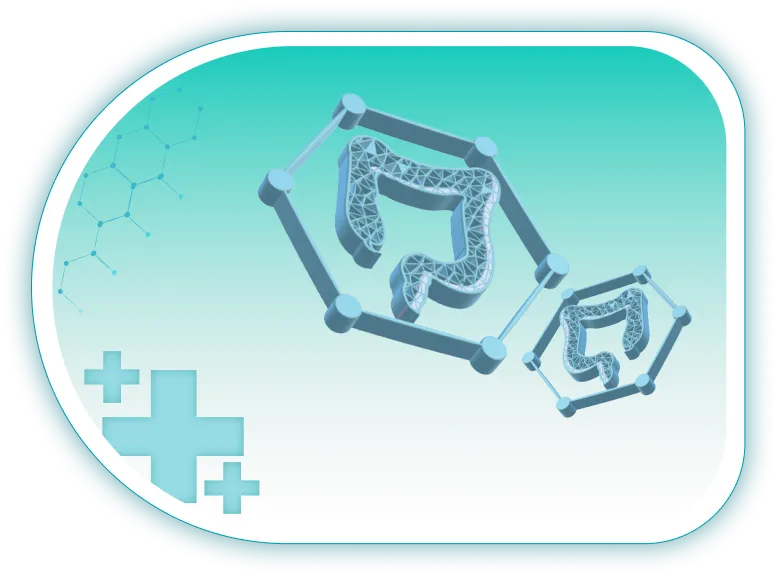
Hernias are a common medical condition that occurs when an organ, tissue, or a part of it protrudes through the wall of the cavity that contains it. Hernias can occur in various parts of the body, including the abdomen, groin, and belly button.
The most common type of hernia is the inguinal hernia, which affects the groin area. Other types of hernias include umbilical, incisional, and femoral hernias. Regardless of the type of hernia, they can cause discomfort, pain, and in some cases, serious complications if left untreated.
If you suspect you have a hernia, it’s essential to seek medical attention promptly. German Medical Center’s specialist will conduct a physical exam and may recommend diagnostic tests, such as an ultrasound or MRI, to confirm the diagnosis. Once diagnosed, the doctor will recommend a suitable treatment plan.
The type of surgery recommended will depend on various factors, including the size and location of the hernia, your age, and overall health. Our doctor will discuss the available options with you and recommend the best course of action.
If you suspect you have a hernia or are experiencing symptoms, don’t wait to seek medical attention. Contact your our hernia specialist at the German Medical Center today to schedule an appointment and get the treatment you need. Remember, early detection and treatment can make all the difference in your recovery.
Our team of experts are passionate about providing only the best quality care and treatment to their patients.
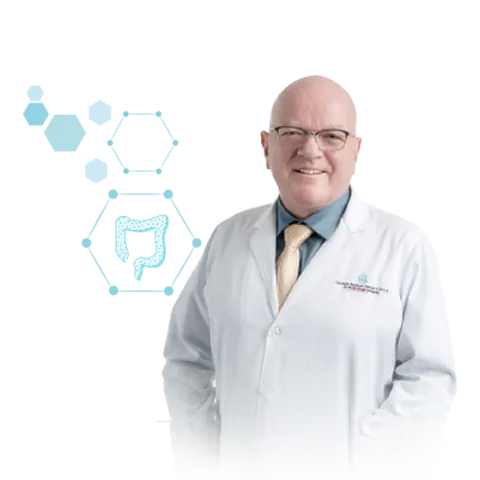
General Surgery & Proctology
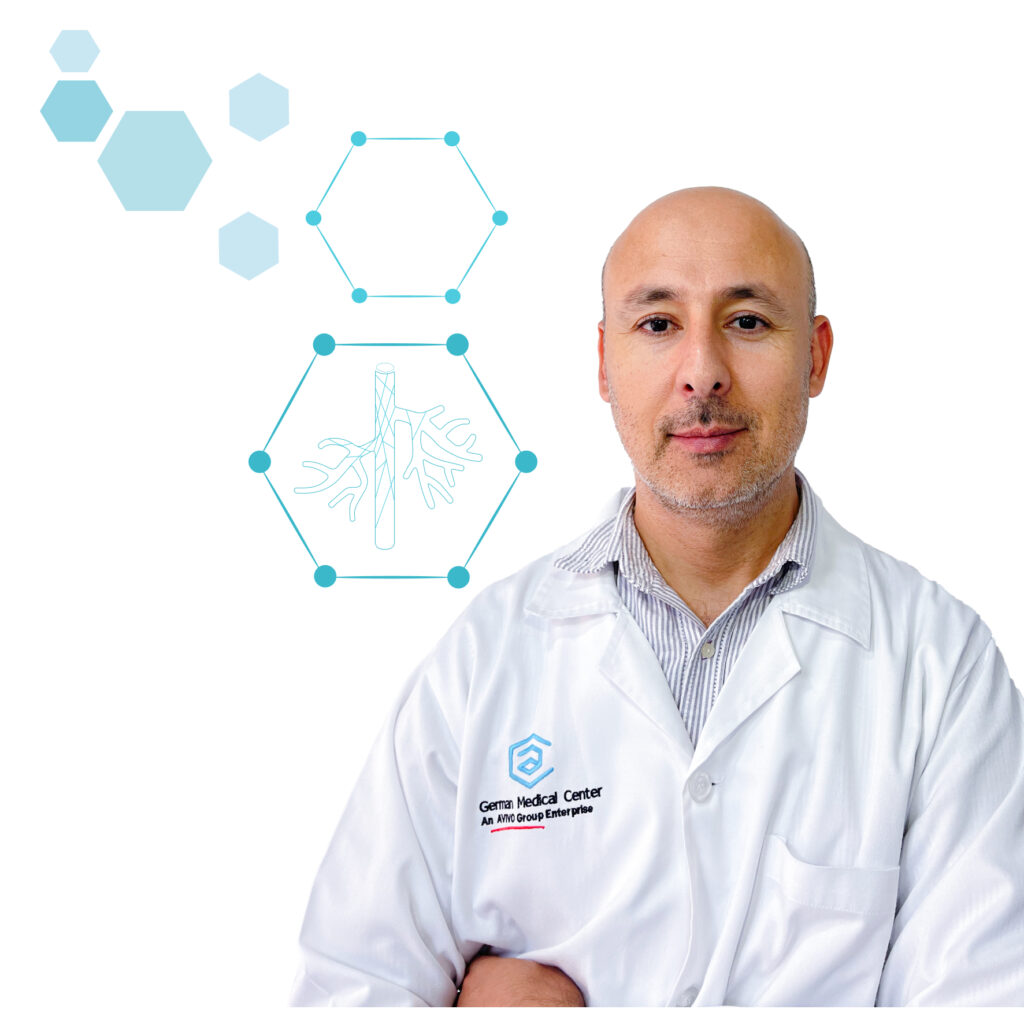
Vascular and General Surgeon
No results found.
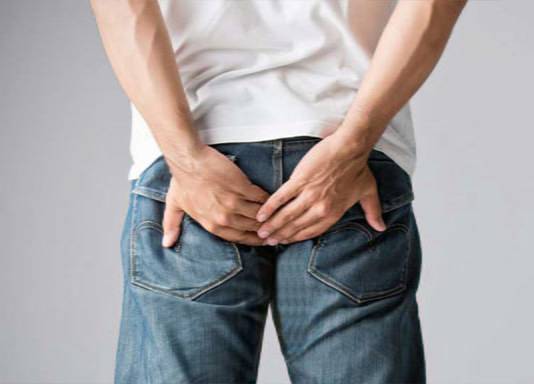
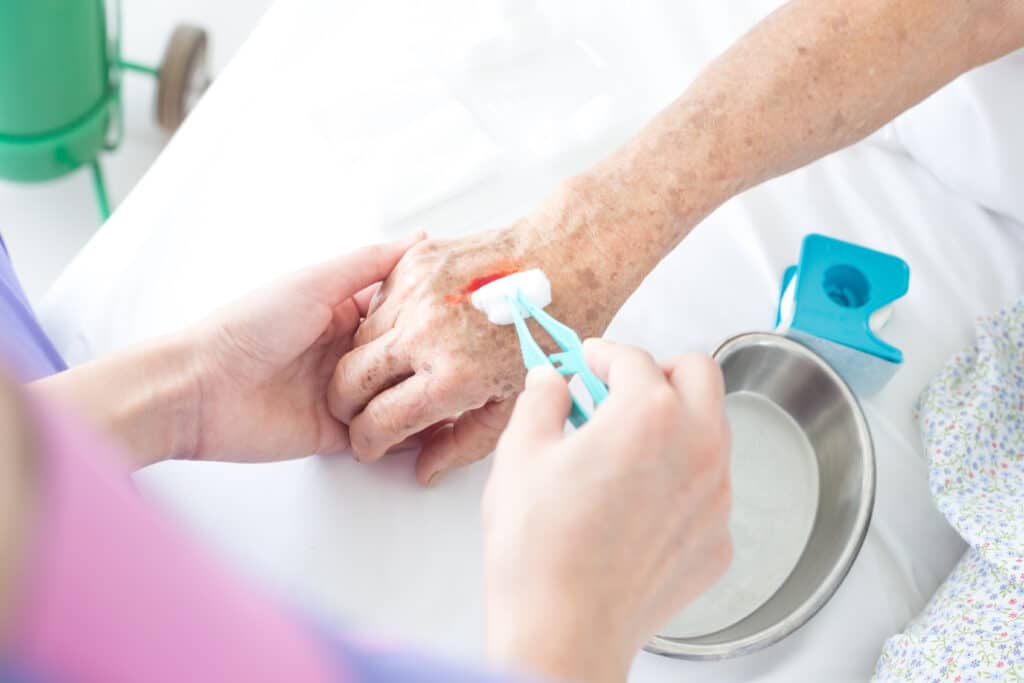
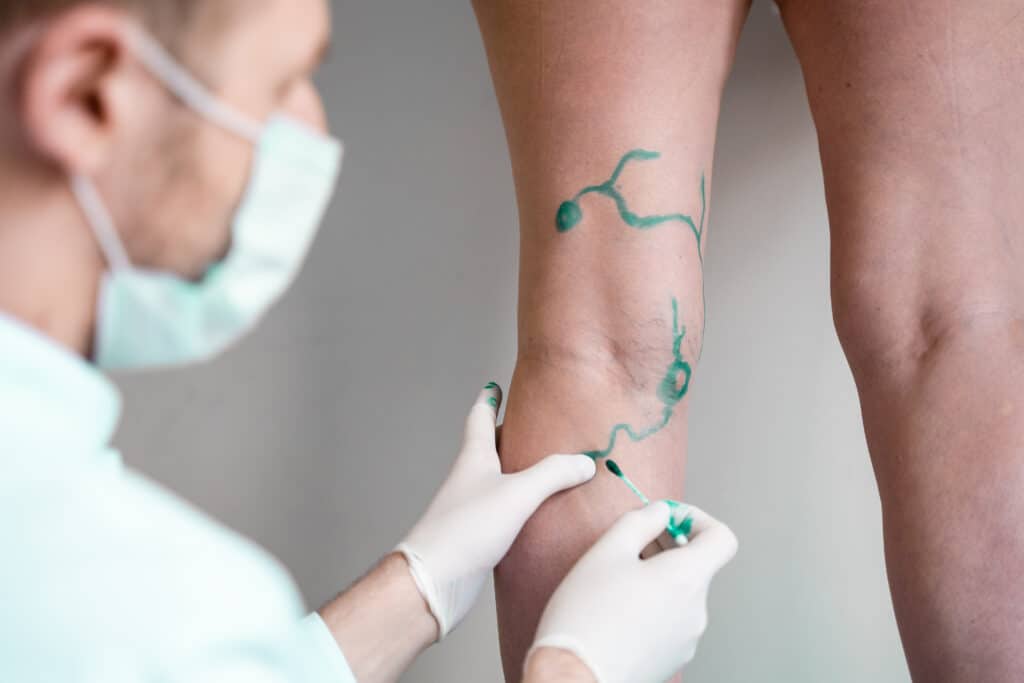
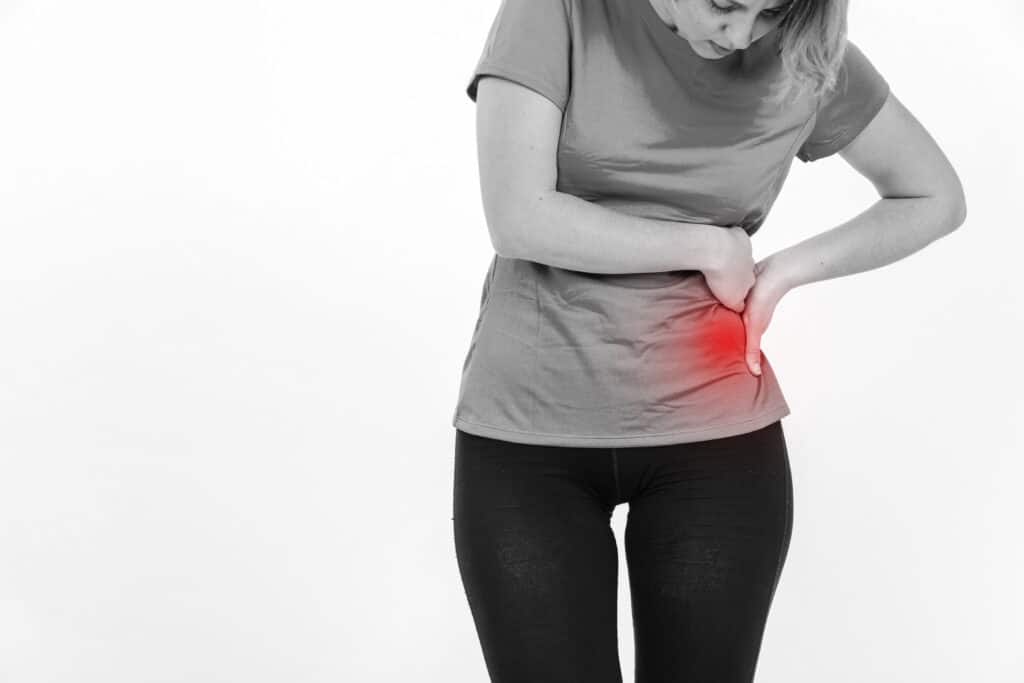
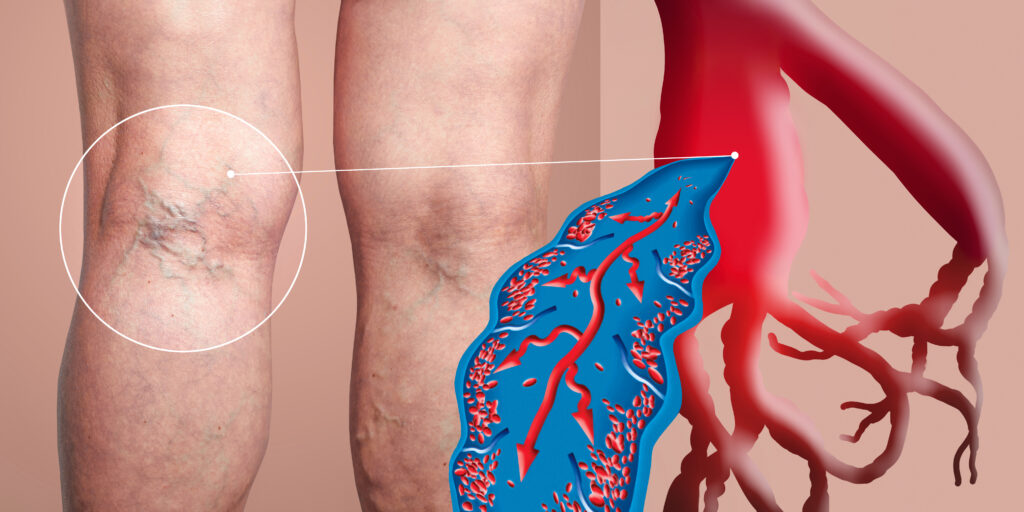
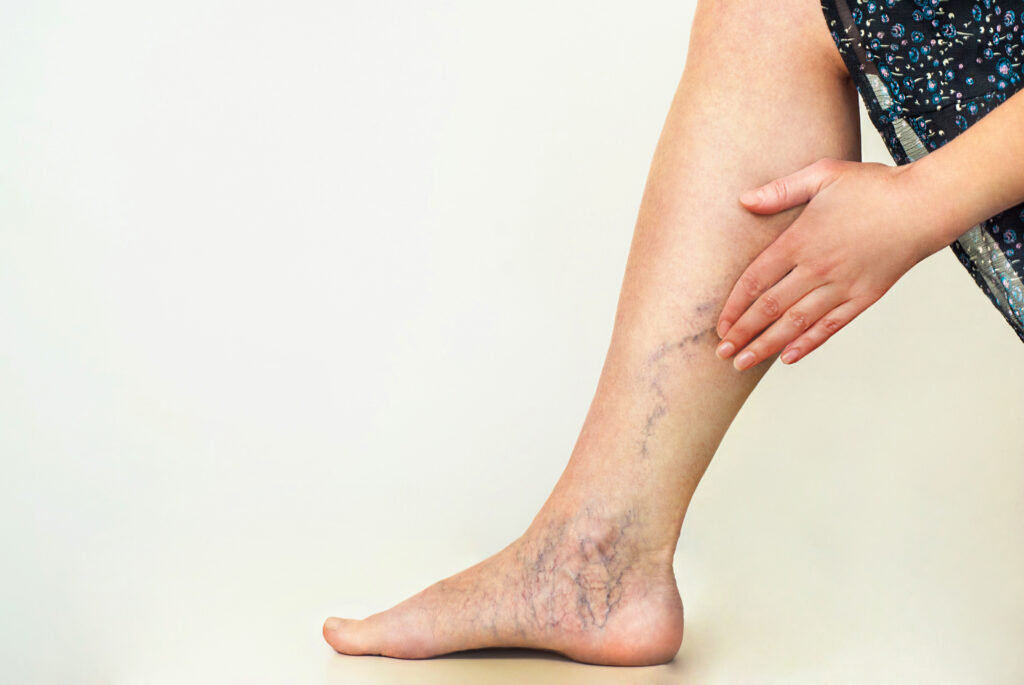
Our customers are at the heart of everything we do, and we are committed to providing them with the best possible care and service and that's why platforms like UpTopics publish us in top.


(4.5)
Based on 174 Google Reviews

Partner with:
Partner with:


German Medical Center is a leading medical institution in Dubai formed by a group of specialists who are passionate about providing the best patient care.
Fill out our easy online form to book an appointment with German Medical Center. Our team of experts is dedicated to providing you with personalized care and guidance every step of the way. Don't wait, take charge of your well-being and schedule your appointment now!